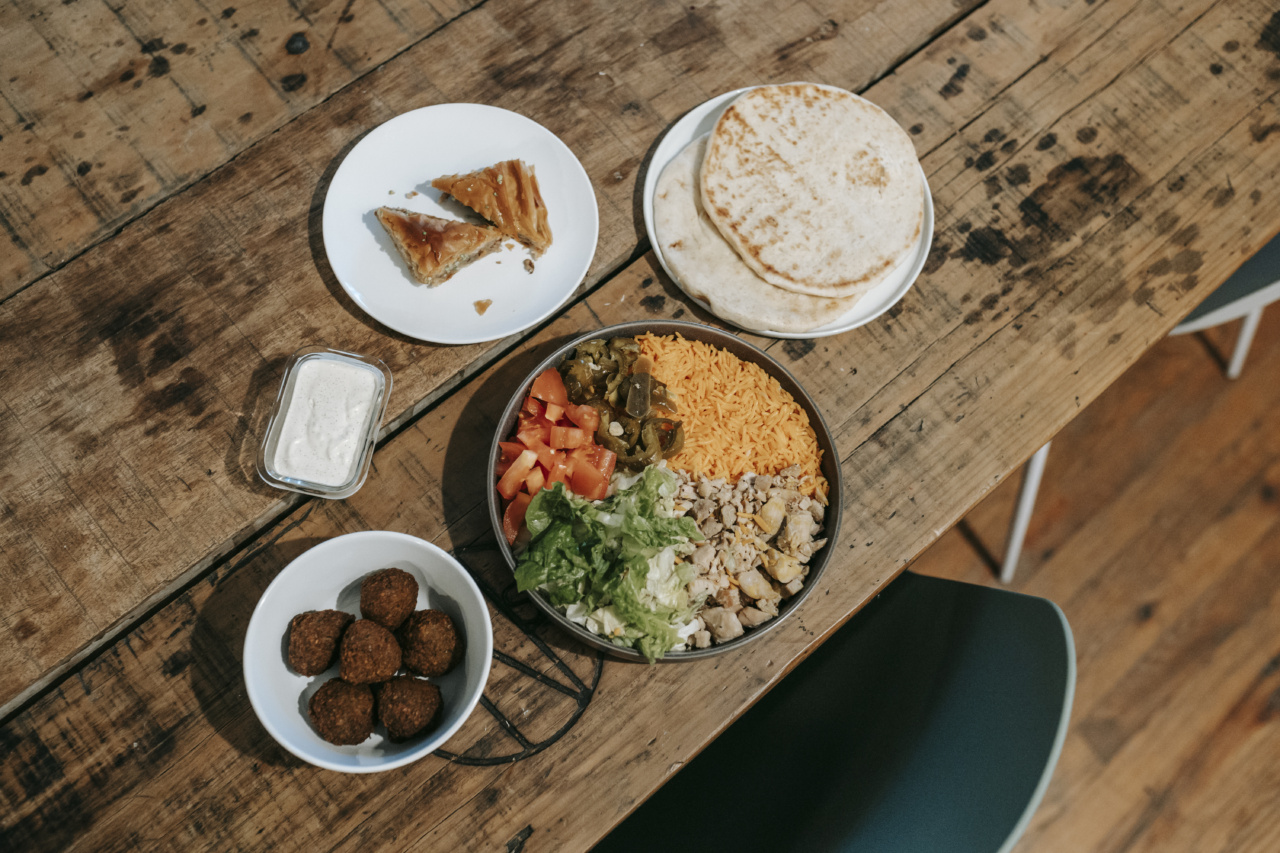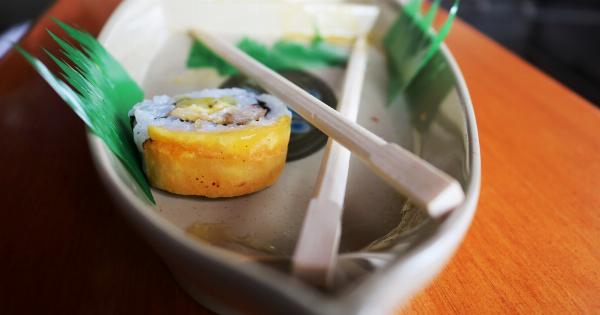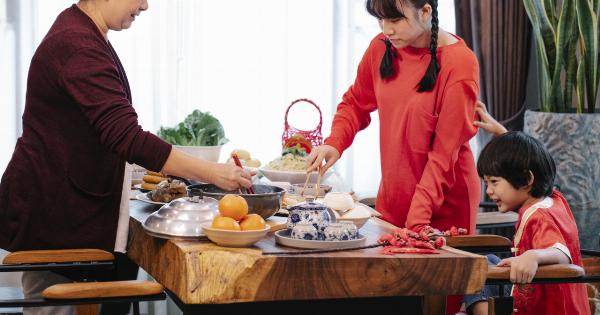Rice is a staple food for many people around the world. It is a common ingredient in many dishes, especially in Asian cuisine. However, rice can also be a source of food poisoning when not handled properly.
The problem with rice is that it can be contaminated with a bacteria called Bacillus cereus, which can survive even after being cooked. The bacteria can produce toxins that can cause food poisoning. Here are some tips on how to handle rice properly to reduce the risk of food poisoning.
1. Always Wash Your Hands
The most important step in preventing food poisoning is to wash your hands before and after handling rice. This will prevent the spread of bacteria from your hands to the rice.
It is also important to use clean utensils and cutting boards when preparing rice.
2. Store Rice Properly
Rice should be stored in a cool, dry place to prevent the growth of bacteria. It is best to store rice in an airtight container to prevent moisture from entering. Leftover rice should be stored in the refrigerator within two hours of cooking.
If you are storing rice for more than a few days, it should be frozen.
3. Cook Rice Thoroughly
When cooking rice, it is important to ensure that it is cooked thoroughly. Rice should be cooked in boiling water until it is soft.
If you are cooking rice in a rice cooker, make sure that the cooker is functioning properly and that the rice is cooked all the way through.
4. Serve Rice Immediately
Rice should be served immediately after cooking. If you need to keep the rice warm before serving, it should be kept at a temperature of at least 140°F to prevent the growth of bacteria.
If you are serving rice as part of a buffet, it should be kept at a temperature of at least 135°F.
5. Reheat Rice Thoroughly
If you have leftover rice, it should be reheated thoroughly before consuming. Rice should be reheated to a temperature of at least 165°F to kill any bacteria that may be present.
6. Avoid Cross-Contamination
Rice can easily become contaminated if it comes into contact with other foods or surfaces that are contaminated. It is important to keep rice separate from other foods and to use separate cutting boards and utensils when preparing rice.
7. Do Not Leave Rice at Room Temperature for Too Long
Rice should not be left at room temperature for more than two hours. Bacteria can grow rapidly at room temperature and can cause food poisoning. If you are serving rice at a party or buffet, it should be kept at a temperature of at least 135°F.
8. Pay Attention to Expiration Dates
It is important to pay attention to the expiration dates on rice. Rice that is past its expiration date can be contaminated with bacteria and can cause food poisoning.
If you are unsure about the expiration date of your rice, it is best to err on the side of caution and throw it away.
9. Be Aware of the Symptoms of Food Poisoning
If you experience symptoms such as nausea, vomiting, diarrhea, or stomach cramps after consuming rice, it is important to seek medical attention immediately. These symptoms can be a sign of food poisoning.
10. Practice Good Hygiene
Finally, it is important to practice good hygiene to prevent the spread of bacteria. This includes washing your hands frequently, using clean utensils and cutting boards, and keeping your kitchen clean and free of bacteria.


























